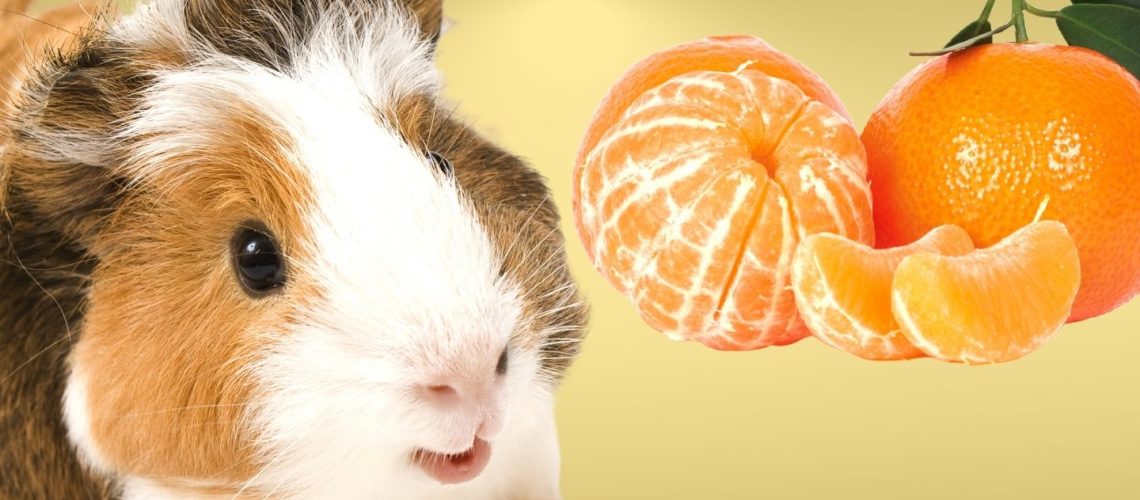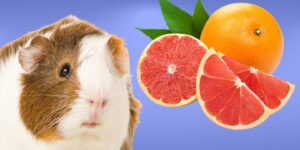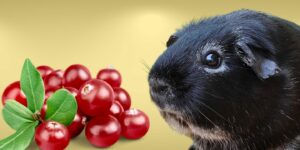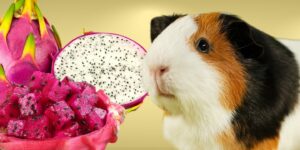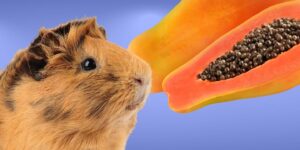Guinea pigs are popular pets with unique dietary needs, including a balanced diet to keep them healthy and energetic. Mandarins, as a sweet and nutritious fruit, can be an attractive treat option for Guinea pigs. In this article, we will discuss the nutritional benefits, potential health risks, guidelines for feeding mandarins to your Guinea pig, and alternative fruits to help ensure your pet stays happy and healthy.
Nutritional Benefits of Mandarin for Guinea Pigs
Mandarins provide valuable nutrients to Guinea pigs that, in moderation, can contribute to their overall health.
Vitamin C content
Guinea pigs, like humans, cannot produce their own vitamin C and need to obtain it through their diet. Mandarins are an excellent source of vitamin C, which is essential for maintaining a healthy immune system and preventing scurvy, a condition caused by a lack of vitamin C.
Antioxidants
Mandarins contain antioxidants that help to protect cells from damage caused by free radicals. These antioxidants can support overall Guinea pig health by reducing inflammation and promoting general well-being.
Fiber
As herbivores, Guinea pigs need a diet high in fiber to support their digestive health. Mandarins contain a good amount of dietary fiber, which can help with digestion when fed in appropriate amounts.
Potential Health Issues from Overfeeding Mandarin
Feeding your Guinea pig too much mandarin can cause various health problems, including:
Diarrhea
Excessive fruit intake can cause diarrhea in Guinea pigs, leading to dehydration and discomfort. It is essential to regulate the amount of mandarin they consume to avoid this issue.
Obesity
Mandarins, like all fruits, are high in natural sugars, which can contribute to weight gain and obesity in Guinea pigs if overfed. Ensure your pet maintains a healthy weight by limiting its fruit intake.
Dental problems
An excessive sugar intake can lead to dental problems in Guinea pigs, such as cavities and tooth decay. Moderating the amount of mandarin fed to them can help avoid these complications.
Feeding Guidelines for Guinea Pigs
When introducing mandarin to your Guinea pig's diet, keep the following guidelines in mind:
Introducing mandarin to their diet
Start by offering a small piece of mandarin to gauge your pet's reaction. If they show interest and don’t experience any adverse effects, you can gradually increase the serving size.
How often to feed mandarin
As a general rule, mandarin should only be fed as an occasional treat, making up no more than 10% of a Guinea pig’s diet.
Proper serving size
For a single Guinea pig, half a mandarin per week is usually an appropriate amount. Be sure to divide the fruit among multiple Guinea pigs to ensure each animal receives a small, safe serving.
Safe and Unsafe Parts of a Mandarin
Before feeding mandarin to your Guinea pig, it's essential to be aware of the safe and unsafe parts of the fruit:
Skin and seeds as hazards
Remove the skin and seeds before offering the mandarin to your pet, as these parts can pose a choking hazard or cause digestive issues.
Ensuring the fruit is clean and pesticide-free
Thoroughly wash the fruit to remove any dirt or pesticide residue. Consider using organic mandarins to minimize your pet's exposure to harmful chemicals.
Alternative Fruits for Guinea Pigs
If you're looking to vary your Guinea pig's fruit treat options, consider providing these safe alternatives:
Apples
Strawberries
Blueberries
Be sure to serve these fruits in moderation and with any seeds or harmful parts removed.
Monitoring Your Guinea Pig's Health
Keep an eye on your pet's health by looking for signs of a healthy diet, such as consistent weight, normal feces, and energetic behavior. Consult a veterinarian if you notice any health issues or have concerns about your Guinea pig's diet.
Summary
In conclusion, while mandarins can provide health benefits to your Guinea pig, it is crucial to feed them in moderation as an occasional treat. Be sure to remove the skin and seeds and consider other fruits, like apples, strawberries, and blueberries, to offer variety in their diet. By following these guidelines and monitoring your pet's health, you can help ensure a balanced diet and a happy, healthy Guinea pig.

